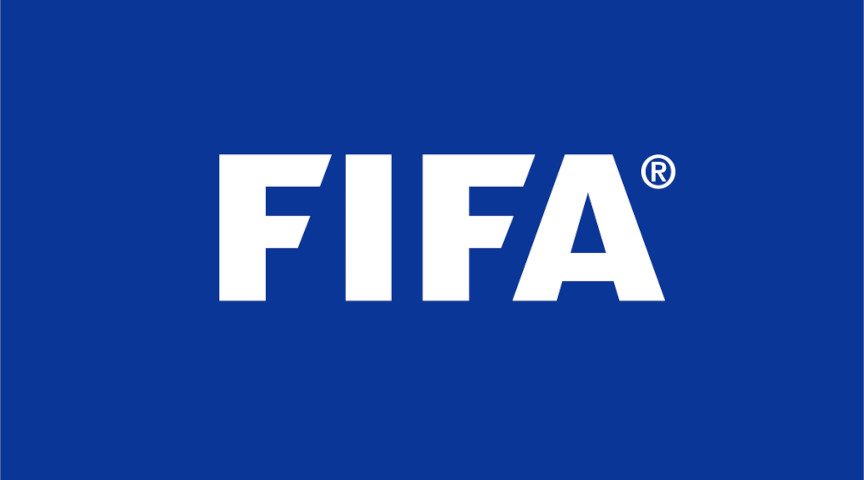A Bane of Football – Political Interference (Part Three) – Blatant

A Bane of Football (Part Two) – Acquiescing with Political Interference
June 30, 2021
A Bane of Football – Political Interference (Part Four) – Ban-worthy
June 30, 2021A Bane of Football – Political Interference (Part Three) – Blatant

By Satish Sekar © Satish Sekar (February 1st 2021)
The Continuation of Political Interference in Sport
The International Olympic Committee (IOC) shamefully acquiesced with victor’s justice in 1920 by banning the defeated nations in the First World War from Antwerp’s Olympiad. England, Ireland, Wales and Scotland left FIFA in a pique when FIFA rejected their demand to ban Germany, Austria, Hungary, Bulgaria and Turkey from the Olympic Games Football Tournament.
FIFA belatedly allowed Great Britain to enter the tournament after they applied to compete after the IOC banned the defeated nations from the Games anyway. However, the defending champions were quickly sent packing 3-1 by Norway in the first round.
Atrocious
Four years later political interference blatantly ignored Olympic ideals. France had occupied Germany’s industrial heart, the Ruhr Valley to enforce debilitating and unaffordable reparations. There was no doubt that this was blatant aggression and breached the ideals of the Olympic Games.
The IOC not only failed to strip France of the Games but banned Germany – the victim of this breach of Olympic ideals. That ban affected its football tournament too. Germany, despite sharing an Olympic football record – ironically set by a man who would be persecuted for his race Gottfried (Godfrey) Fuchs[1] – was not permitted to play. But Germany were not the only notable absentees.
The First ‘World Cup’
The Olympic Games Football Tournament’s gold and silver medallists of 1908 and 1912, Great Britain and Denmark wanted football to remain amateur even to the point of not reimbursing lost earnings. Others did not. After the Great War the battle over amateurism became more pronounced as some FIFA members, including the hosts of the 1920 Olympic Games had introduced professionals in 1921.
Great Britain’s four associations along with Denmark sought assurances over preserving its amateur status – essentially reimbursing players for lost work. Football went way beyond not being paid to play – it actually meant paying to play.
FIFA did not give those assurances so Great Britain and Denmark did not attend the 1924 Olympic Games Football Tournament. Nevertheless, this was the first Olympic Games Football Tournament to be a global event, involving teams from four confederations. South American nations entered for the first time – Uruguay, notably winning the event and being unbeaten throughout the tournament. It was the beginning of the first international football dynasty.
It is recognised as the first World Cup, albeit an unofficial one. It was far more competitive and representative of world football than the first FIFA World Cup which had only 13 teams from 3 confederations – all by invitation – whereas the Olympic Games Football Tournament had four – Egypt did not belong to any confederation at that time but was from a different continent. Twenty-two teams contested that tournament, 19 (including Turkey) from Europe, the others were from North America, South America and Africa.
Uruguay established that they were worthy world champions. Not only did they win on debut but achieved that feat without tasting defeat.
The Second Unofficial World Cup
Four years later they crossed the Atlantic Ocean to defend their title in Amsterdam. They were one of 17 teams, but that spanned Europe, Central America, Africa and South America – Asia too depending on how Turkey was categorised.
The furore over amateurism resulted in Great Britain not only boycotting the 1928 Olympic Games Football Tournament but leaving FIFA as well. That made a separate World Cup organised by FIFA outside of the Olympic Games inevitable.
But first Uruguay established their credentials by retaining their title in Amsterdam. Portugal eliminated Chile in the preliminary round. Hungary was shocked by Egypt 3-0 – the first win by an African nation in the main tournament of the Olympic Games. Egypt went on to reach the semi-finals, ending in fourth place – the best ever performance by an African nation in a senior men’s World Cup, albeit an unofficial one.
Again, Uruguay were worthy winners. They beat the hosts, the Netherlands in the first round, Germany easily in the second round and Italy in the semi-final to set up a local derby against Argentina in the final. After a 1-1 draw Uruguay won the replay 2-1. They were double Olympic champions and had won both impressively.
There was no doubt that they were world champions and deservedly called the best team in the world.
[1] Fuchs scored ten goals in a match against the Russian Empire in the Olympic Games Football Tournament of 1912, equalling the record set by Denmark’s Sophus Nielsen four years earlier. Fuchs, a German Jew, was persecuted by German Football after the Nazis took power. The IOC did nothing to protect former Olympians from the persecution. Some Olympians perished in the Holocaust. Fuchs and his teammate, Julius Hirsch, deserved much better from Germany and also the IOC. Hirsch died in the gas chambers at Auschwitz. Foundations and honours in their name are far too little, far too late.


